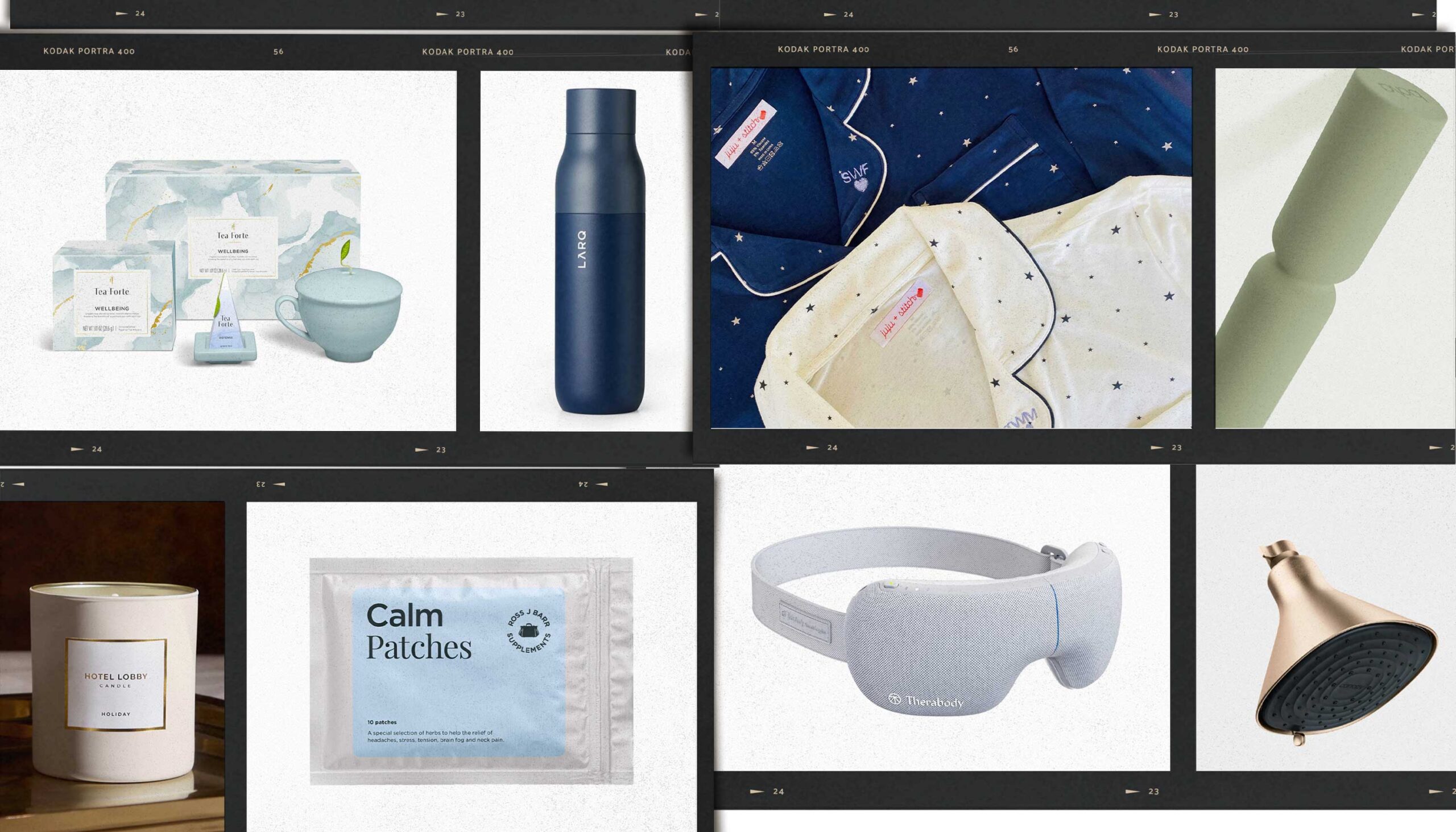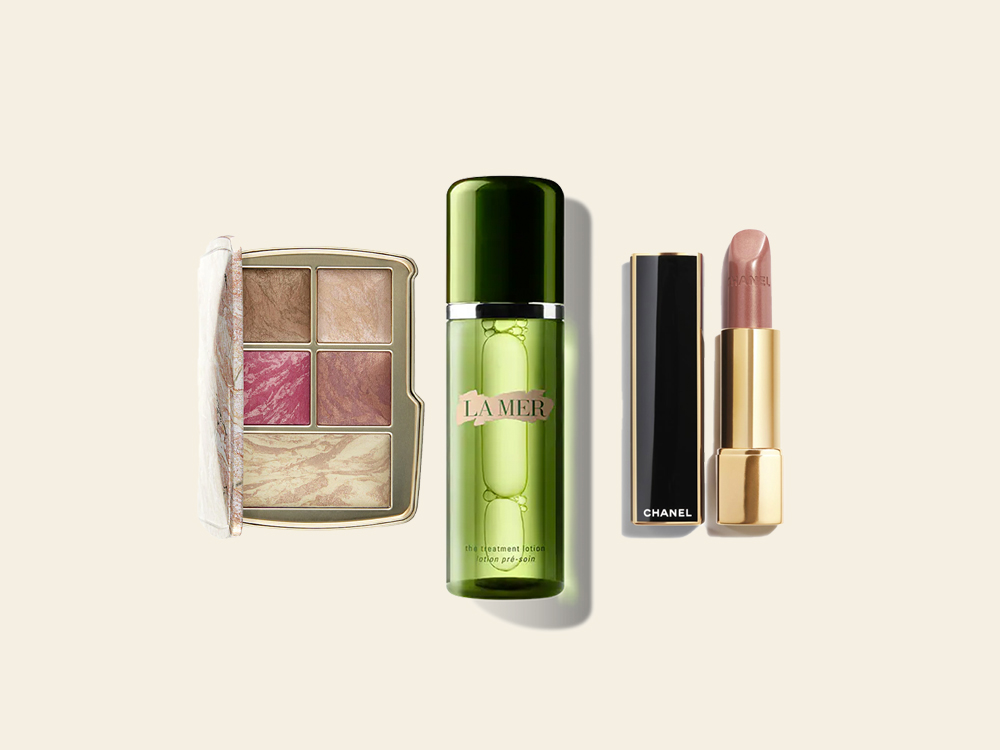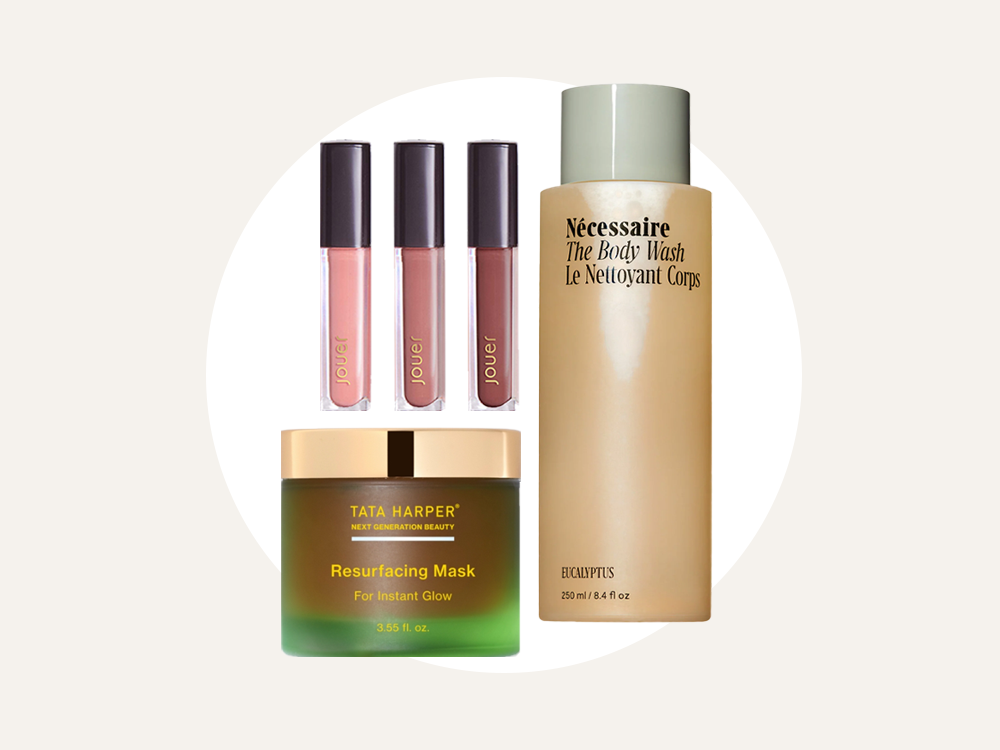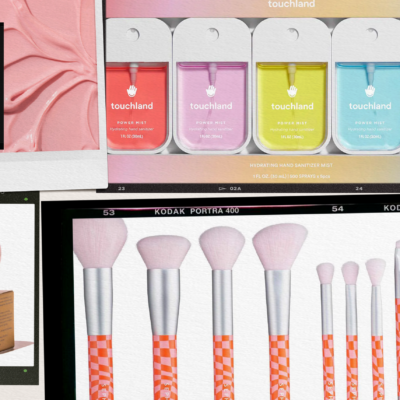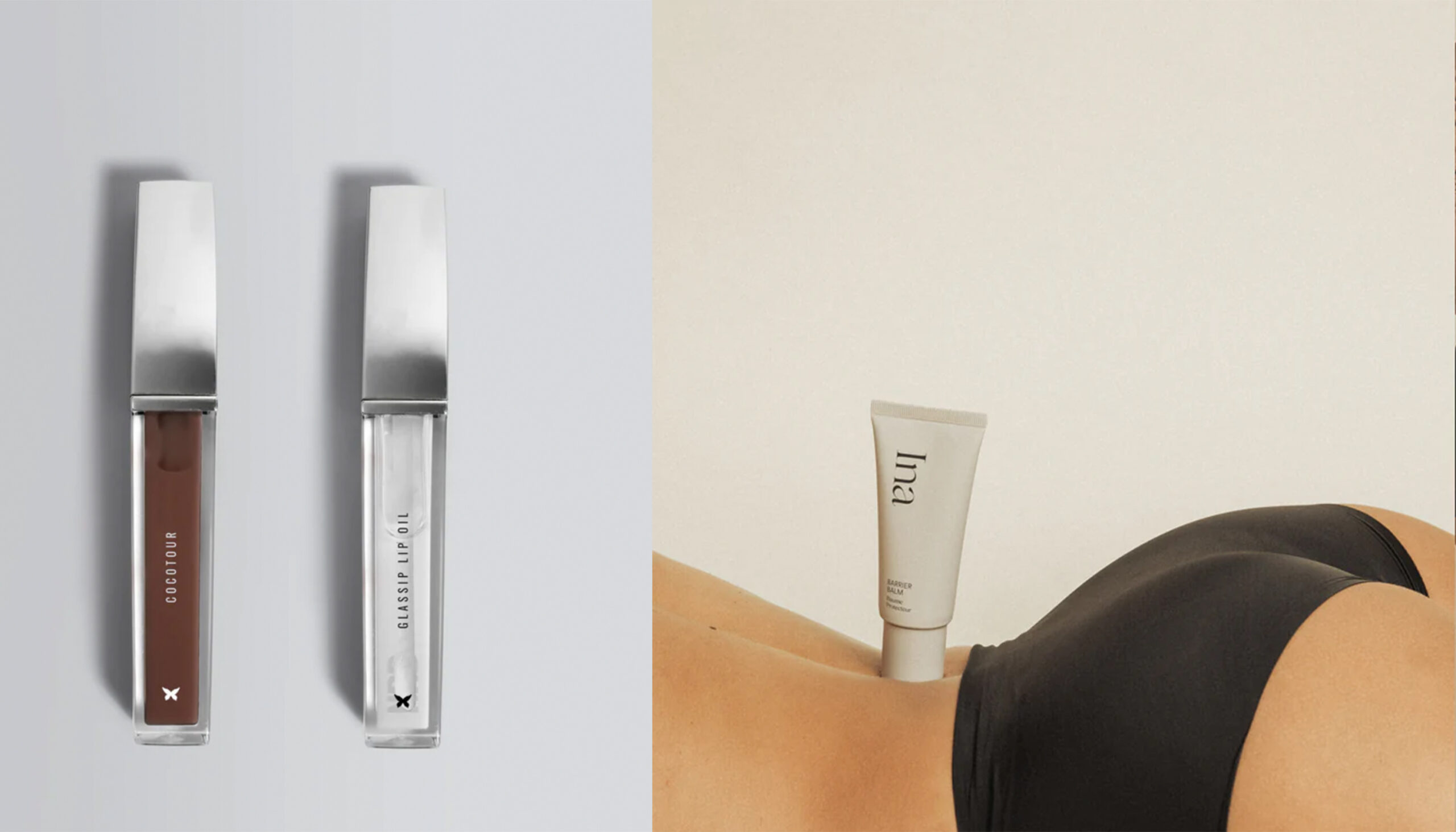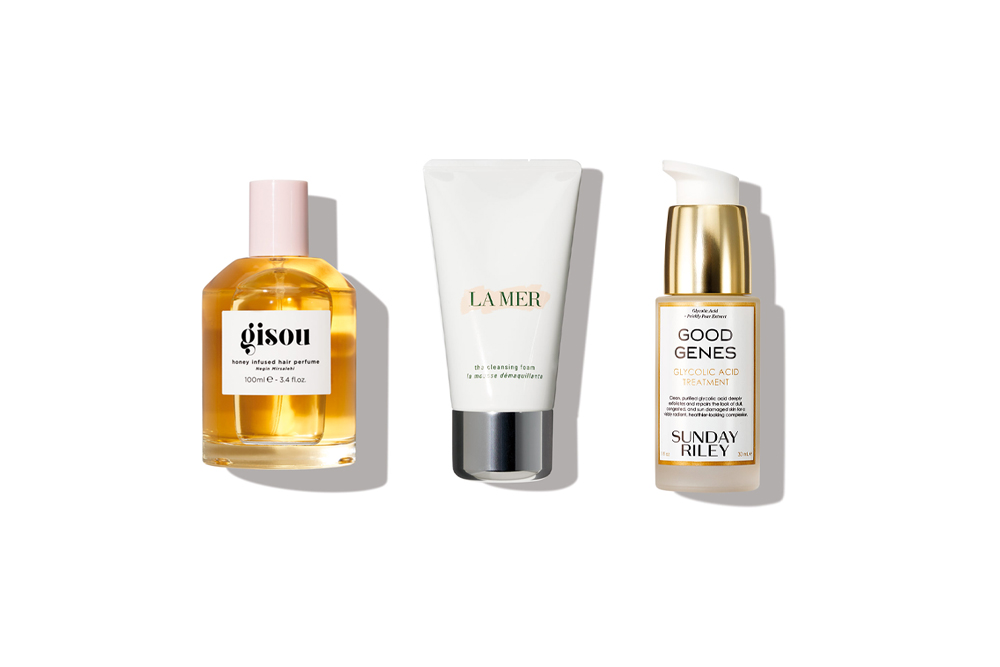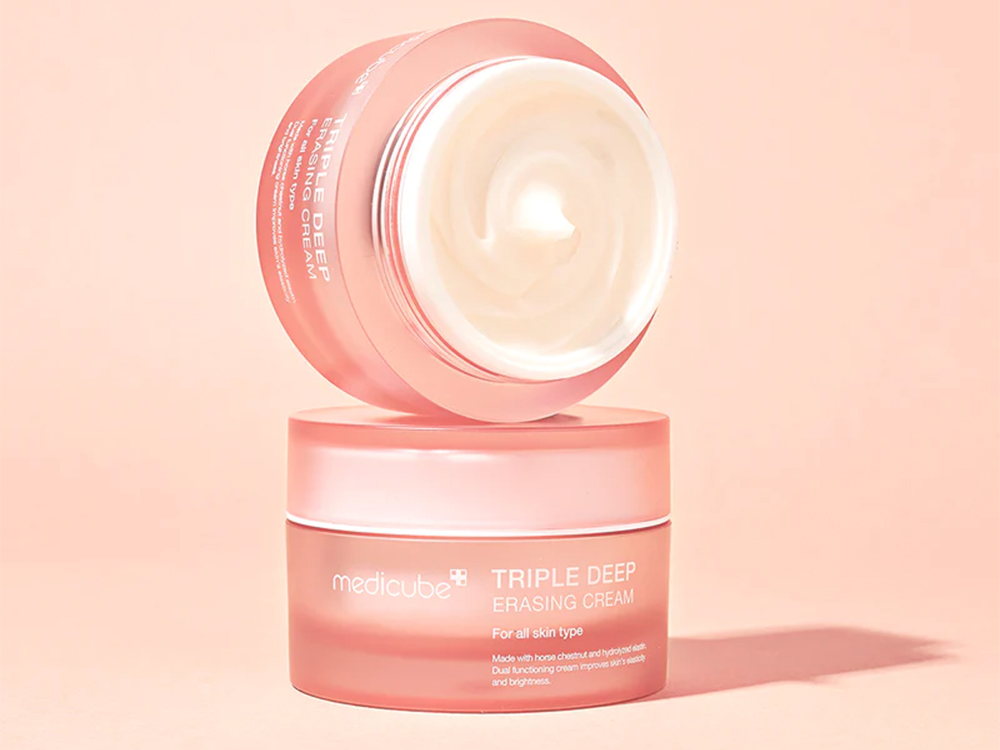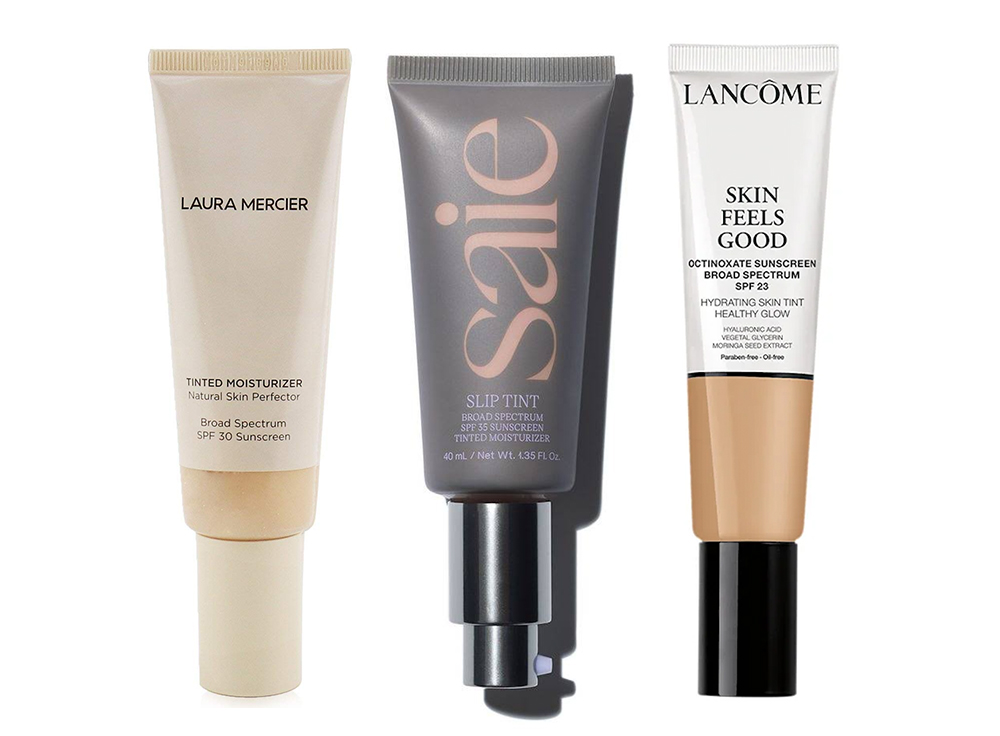Anyone who suffers from skin conditions like eczema or dermatitis, or even just has sensitive skin, knows how important it is to find moisturizers that are gentle enough to use. A lot of times they depend on labels claiming to be hypoallergenic, fragrance-free or dermatologist-recommended.
You May Also Like: This Everyday Pain Reliever Could Be Extremely Dangerous
However, according to a new study that was published in JAMA Dermatology, these claims are quite misleading. They also further discovered that certain moisturizers with a dermatologist-recommended label cost more.
Researchers from Northwestern University Feinberg School of Medicine looked at the ingredients in 100 of the best-selling whole-body moisturizers that are sold at major retails such as Amazon, Target and Walmart and found some alarming discoveries.
They found that known irritants or possible allergens were included in a lot of these products distributed with hypoallergenic labels. In fact, 83 percent of hypoallergenic moisturizers they looked at included a potential allergenic chemical.
Furthermore, they found that 45 percent of fragrance-free products included at least one chemical classified as a fragrance cross-reactor or botanical ingredient by the North American Contact Dermatitis Group (NACDG).
They also looked into dermatologist-recommended labels and found that it didn’t carry as much weight as one might think. “It could be three dermatologists recommending it or one thousand,” explained lead author Dr. Steve Xu. Noting that dermatologist-recommended claims are not regulated, they found that 95 percent of products with this claim contained at least one allergen according to the NACDG.
To top it off, they also discovered that on average these products cost 20 cent more per ounce.
You May Also Like: This is the Generation MOST Worried About Aging
As a solution to this misrepresented information, Xu told Health, “rather than creating a set of rules for patients, we suggest to dermatologists to be as specific as possible in recommending both a brand and product type to their patients.” Since manufacturers are not required to list every ingredient, it can be difficult for consumers to navigate their way through the market. “If manufacturers did list all the ingredients, their labels would be 75 pages,” Xu says. What he hopes will come from the research is a better understanding within dermatologists on the science behind top selling moisturizers.
Overall, they found that only 12 percent of the best-selling moisturizers were free of NACDG allergens.
For those frustrated with these discoveries and untrusting of their moisturizers, researches clarified that guaranteed allergen-free moisturizer include Aveeno Eczema Therapy moisturizing cream, Vanicream hypoallergenic products, white petroleum jelly, cold-pressed and unrefined coconut oils.
Looking for fragrance-free is still beneficial, but this research is proof that consumers with sensitive skin and skin conditions should look into the ingredients listed and not just the big advertising claim that’s printed on the front of the bottle.

